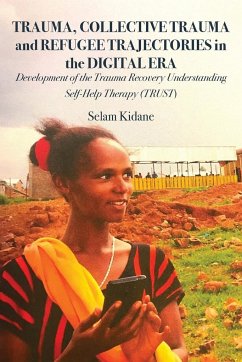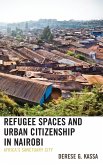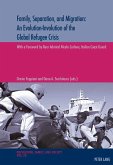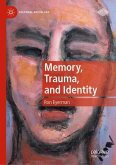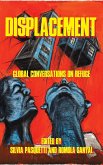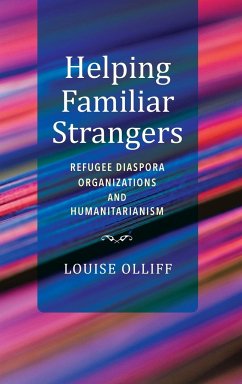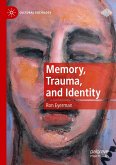Forced migration has become an inescapable reality of our world in the 21st century. Why? The traumatic experiences of refugees are key to understanding why people keep on the move despite enormous risks. This book sheds light into the psychological impact entailed in refugee trajectories. With findings mainly from Eritrean refugee communities in multiple locations, the underpinning research reveals alarming levels of individual and collective trauma. The book outlines a new approach for treatment: Trauma, Recovery, Understanding, Self-Help Therapy - TRUST. The intervention was developed as a practical and low resource support to traumatised vulnerable refugees. TRUST utilises information technology to reduce levels of trauma, enabling refugees to build social and economic resilience as an alternative to pursuing risky migratory trajectories. The study concludes that providing psycho-social support is a more prudent alternative to managing forced migration and avoiding the use of hostile refugee polices that expose refugees to more trauma and put them at risk of heinous organised crimes including human trafficking. TRUST resulted in significant positive outcomes for refugee wellbeing even in deprived refugee camps.
Hinweis: Dieser Artikel kann nur an eine deutsche Lieferadresse ausgeliefert werden.
Hinweis: Dieser Artikel kann nur an eine deutsche Lieferadresse ausgeliefert werden.

